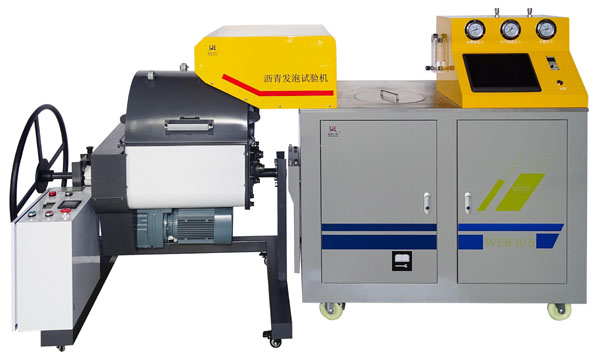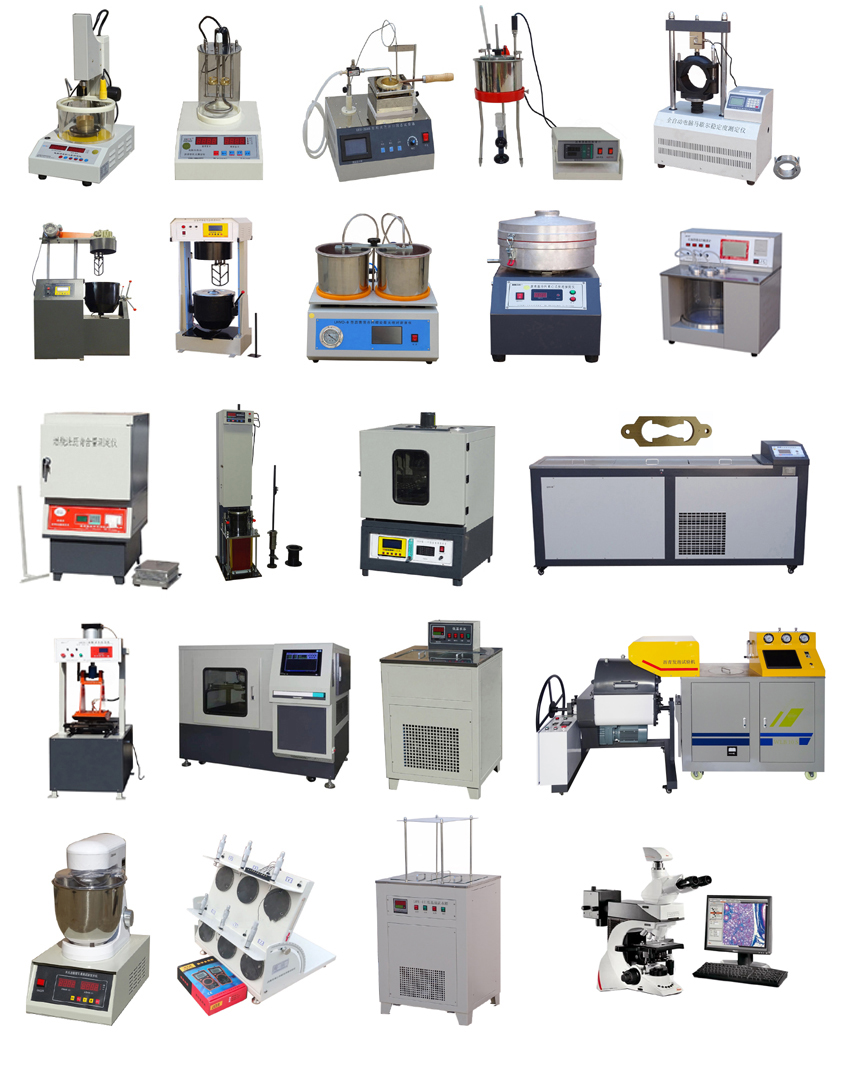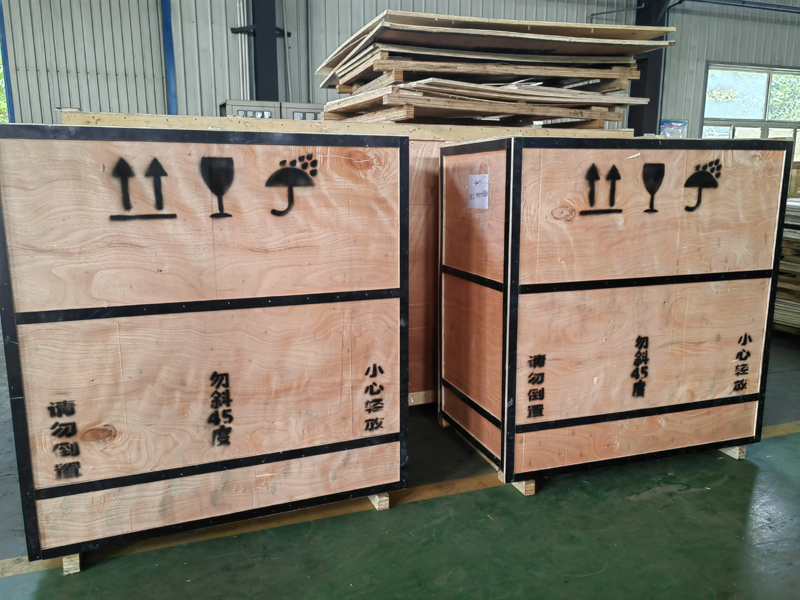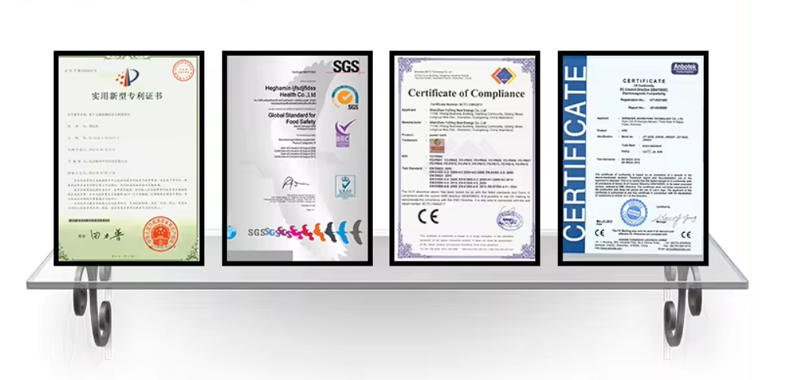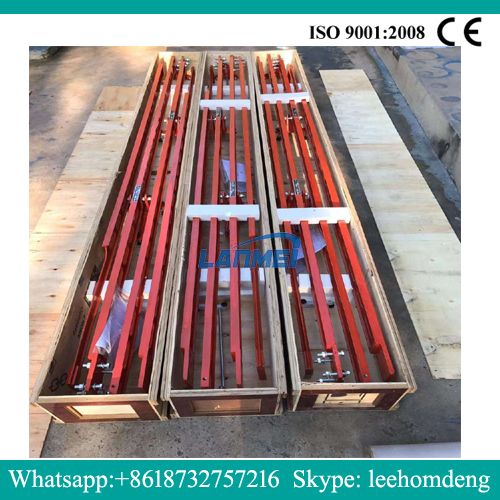Lab Asphalt Foaming Testing Machine Tester
Asphalt Foaming Testing Machine
When hot asphalt (e.g. at 150~160℃) comes into contact with a very small amount of cold water (2~3%), a vigorous heat exchange occurs, causing the cold water to vaporize instantly and resulting in a “foaming” phenomenon in the asphalt. Generally, asphalt that undergoes “foaming” is called foamed asphalt. During the foaming process, the volume of the asphalt expands rapidly to several times or even tens of times its original size, and its viscosity drops significantly, which is conducive to mixing with aggregates. Therefore, foamed asphalt is highly suitable for cold recycling and warm-mix technologies in road engineering. Foamed asphalt technology originated in the United States, but with the implementation of the Ministry of Transport’s “Technical Specifications for Asphalt Pavement Recycling on Highways” (JTG F41-2008) in China, foamed asphalt technology has also made considerable progress and development in our country.
I. Technical Parameters of Asphalt Foaming Machine:
1.Water consumption: 1.5L/h – 7.0L/h
2.Air consumption: 0L/h – 120L/h
3.Maximum water pressure: 0.7 Mpa
4.Air pressure: 0.4 Mpa – 0.6 Mpa
5. Asphalt temperature: 140°C – 200°C
6. Asphalt tank capacity: 20 liters
7. Water tank capacity: 10 liters
8. Air chamber volume: 10 liters
9. Rated power: Asphalt pump: 1.5kW; Heater: 2.6kW; Control: 0.1kW
10. Inverter frequency: 0 – 60 Hz
11. Power supply voltage: 380V
12.The asphalt foam spraying time can be set: 0.1 – 999 seconds. Factory setting: 15 seconds.
13. Dimensions: (Length x Width x Height) 1700 x 700 x 1300 mm
II. Parameter Settings for the Pressure Gauge of the Foaming Machine
The spray pressure of the pressure air gauge is generally between 0.4 and 0.5, with the factory setting at 0.4. The water tank pressure is adjusted to between 0.1 and 0.2, with the factory setting at 0.1. The water spray pressure will naturally generate pressure.
III. Flowmeter Settings
Turn the flowmeter knob to below the 6th scale line and adjust it to a suitable point according to the water output.
IV. Inverter Settings
The frequency setting of the frequency converter is between 6.0 and 7.0, with the factory setting at 6.3. The current frequency is obtained through digital knob control, and the setting number is P00 04. The control mode of the asphalt pump is terminal control, with the setting number P01 01. The forward and reverse rotation of the asphalt pump is set as M0 for forward rotation and M1 for reverse rotation, with the setting number P38 00. For any modification of the control mode, please refer to the frequency converter manual.
V. Blender Parameters:
Double-shaft forced mixing: 30L with built-in electric heating and insulation function
2. The mixing speed is infinitely adjustable.
3. Double horizontal shaft forced mixing. 180-degree tipping discharge
4. Dimensions: (Length x Width x Height) 1100 x 800 x 1050 mm
5. Overall weight: 210 kg
6. Rotational speed: 0 – 144 v/min
7. Voltage: 380V
8. Motor power: 1.5KW
9. Heating power: 3.2KW
Asphalt Foaming Tester: A Key Tool for Asphalt Production
The Asphalt Foaming Tester is an essential instrument in the field of asphalt production and quality control. This specialized equipment is designed to evaluate the foaming characteristics of asphalt binders, which is essential for developing high-quality asphalt mixtures. The foaming process enhances the workability of asphalt, allowing for better mixing and compaction, ultimately improving pavement performance.
Asphalt foaming involves introducing water into hot asphalt, causing it to expand and create foam. This foam increases the surface area of the asphalt, allowing it to bond better to the aggregate. The Asphalt Foaming Tester simulates this process, providing valuable data on the foaming characteristics of different grades of asphalt. By measuring parameters such as the foam expansion rate and half-life, engineers can determine the optimal conditions for asphalt mixing and paving.
One of the significant benefits of using a foaming asphalt tester is that it facilitates the development of warm mix asphalt (WMA) technology. WMA can produce asphalt at lower temperatures, which reduces energy consumption and emissions. The tester helps evaluate the effectiveness of various additives and moisture content, ensuring that the final product meets the required specifications for durability and performance.
In addition, the Asphalt Foam Tester plays a vital role in research and development. As the asphalt industry continues to evolve, there is a growing demand for innovative solutions to improve the lifespan and sustainability of pavement. The machine provides researchers with the necessary tools to explore new materials and methods, helping to advance asphalt technology.
In summary, the asphalt foaming tester is a key asset for the asphalt industry. Its ability to accurately assess foaming characteristics not only aids quality control, but also supports our ongoing search for more sustainable and efficient asphalt production methods. As the demand for high-performance pavement grows, the importance of such testers will continue to grow.
The iFOAM Laboratory Foam Bitumen Plant is designed to be professional equipment as a true representation of “Asphalt Foaming”, a professional-grade equipment for indoor study of foamed asphalt.
iFOAM supported use of the mixer can be used for cold mix materials, but also for hot mix (warm mix) materials.
The patented foamed bitumen generator, core component of iFOAM has a function of secondary foaming, the rationary design makes the mixing of asphalt and water more evenly, so as to the asphalt foaming process more fully and foaming effect more better. In addition, an increase of some regulatory function is used to optimize the foaming properties of asphalt.
iFoam asphalt tank comes with an agitator, to ensure consistent temperature of asphalt tank from top to bottom. iFoam asphalt tank ergonomic height above ground makes the dumping asphalt work more convenient and safe.
All iFoam bitumen pipes have heat insulation function, to avoid clogging the asphalt, eliminating lines clean.




